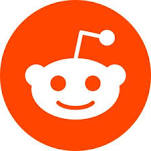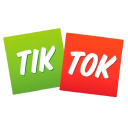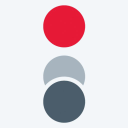I Created An App To Reduce Screen Time & It Just Hit $20K MRR
Hello! Who are you and what business did you start?
Hi all, my name is Martin Morávek, and I’m the developer and founder of minimalist phone. This phone app allows people to prioritize their mental health by gently discouraging screen time. The app is currently available on Google Play for Android devices.
Our customers are people who spend too much time on social media and would like to improve their time-consuming patterns. It is especially for those who want to be more productive and eliminate social media/smartphone addiction.
The initial investment was only $100 for a Google Play developer license and $3,000 for a homepage, and from that, we now generate $20,000 monthly revenue on average – most of the earnings are spent again on paid advertising. We’re on track to reach 500,000 downloads on Google Play soon, which is a remarkable milestone.





























